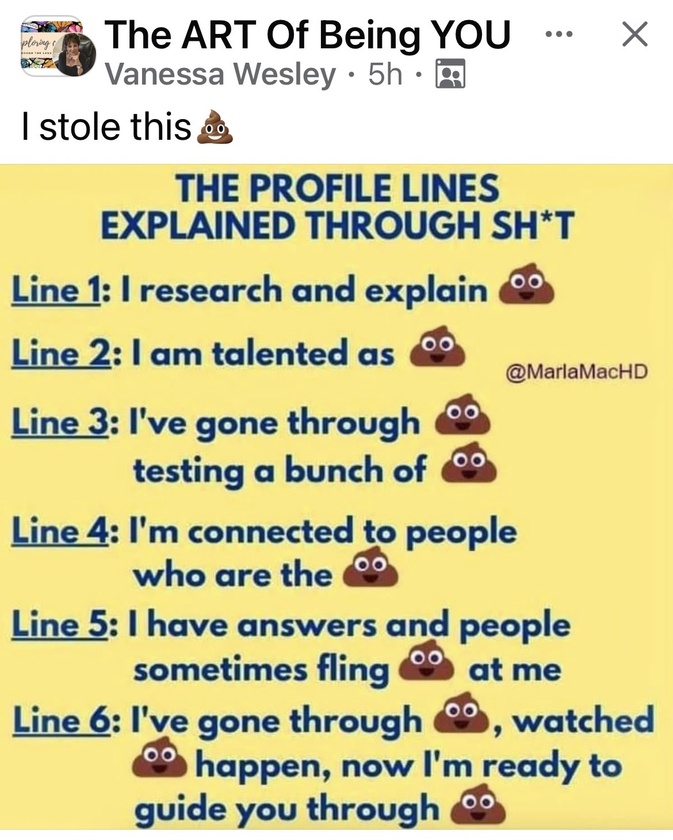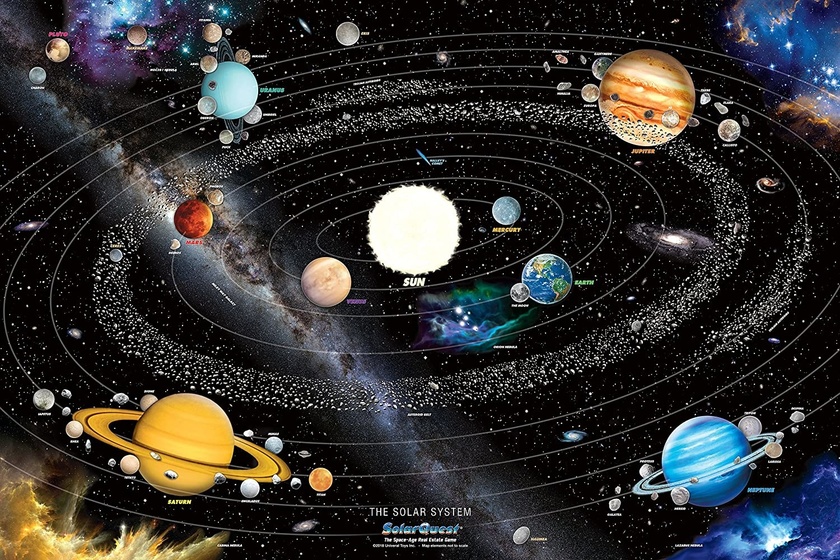Finally the Security Strategy. We have seen that the business of being a 4th line is that you are either going to be the Benefactor or the Dependant.
This is the nature of the 4th line.
And it’s one of the things to be clear that if you have 4th lines in your life, if you have 4th line children, that you have to be ready to make an extended commitment to them.
They aren’t necessarily going to get the opportunities when you think they should.
That the real opportunities that can happen for them in their life may not be on your timetable – “You’re 18 – go out and get a job!”
You really have to see that the moment you have a 4th line child you have a different kind of commitment, because you have to deal with their dependency.
But recognise something: if you don’t resist their dependency – it’s about not resisting what people are – if you don’t see their dependency [and perceive it] as using you, being taking advantage, all of these things that we like to do because we don’t understand, so we create all this language and reason.
Is that those 4th lines that are properly honoured in their dependency will not stay that way all their life.
And when they do become self-sufficient they are great benefactors!
They understand the value of having the benefactors. After all, that’s how it begins. And they can be deeply, deeply generous of spirit because of that.
Remember, most 4th line children by the time they are teenagers already have parents who want to push them out the door. They do!
It is their profile to be alone, and their parents wish they would be.
And so what happens is that they get this enormous pressure on them. And, of course, they get this pressure at the time in their life – you take a 4/6 in that first 30 years, all the chaos – “Go out there and do” – it’s not for them!
It’s very important that parents understand this!
That they understand that they are going to have to deal with dependency, and for any of you who have a 4th line in your profile, for you to look back and see whether or not you had a valued benefactor in your process. Because it will tell you so much about where you are right now.
We have a lot of people in this life that are very tight.
And it’s one of those things to recognise about the 4th line: it can bring out through its fixedness this tightness.
And unless it has been treated properly when it was young, unless it has been given the privilege of having a benefactor that recognises its need for that, that it can end up being tight.
And tight with everything: tight with money, tight with love and everything else!
Because it never had the opportunity to complete its process.
After all, when they do become benefactors they are the other side – they can be so generous, both of spirit and material.
They can become great philanthropists, they can really be benefactors to society and to other people. They are the ones that form the foundation, they open up those opportunities for other human beings. But you can imagine that not a lot of them are really given the privilege of that.
If these children had been born with this profile 200 years ago, their dependency time would have been around 13 years. For parents of that era it was no big deal. At 13 it was “OK, go to work!” By 13, male or female, they were already bonded together, they may already be living together and they go out and do their thing. But we now live in a Uranian cycle. Since Herschel’s discovery of Uranus in 1781 we are part of a Uranian cycle, and what that means is that our half-life point is no longer 15 but basically 40.
So instead of having kids in guilds learning things from 8 to 13, now we have people in university until they are 30. The dependency time frame has changed.
It is about the underlying unconscious theme that drives the 6th line, and it’s about Trust or Not.
In the end it’s always about Trust or Not.
In that phase in which they are dependent they don’t know whether they can trust anything – they don’t know! How can they?
They go through the chaos of a 3rd line phase – they have no idea of what is truly trustworthy.
They can trust in what they found out doesn’t work. But they Also haven’t found trust in life or in themselves. It is a major transition in their process. And the moment they move from being dependent to benefactor, that’s the moment that they become an example of what trust is.
For the 6th line no longer to see where trust is, but to trust in its own being – this is the final stage.
To trust in what it is to be you! If you can trust in yourself you are not looking in the mirror trying to change everything.
And you are not looking at everybody else trying to change them.
You trust in the nature of what things are – there is no choice after all!
It’s not like any of us are going to change our genetic code. We are what we are, and we live in a profoundly dense matrix that controls our processes, cycles upon cycles, all kinds of themes – we are locked into all of that.
It is only our superficial vanity that assumes that we have any control over anything – and it’s a joke!
What we can do is be really good passengers in these moving vehicles.
And in being good passengers in these vehicles we get to see the beauty of life. Trust is surrender. It’s surrender!
Surrender to non-interference, to just being oneself. And not being an idea of oneself. But being oneself – that’s what it is about.”
~Ra Uru Hu



















